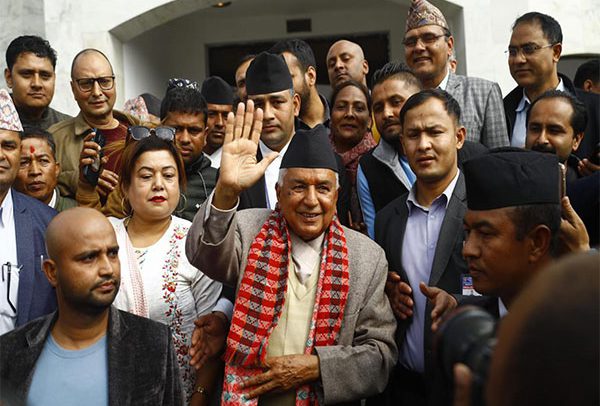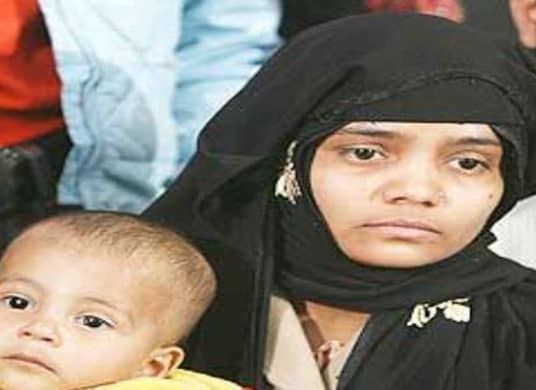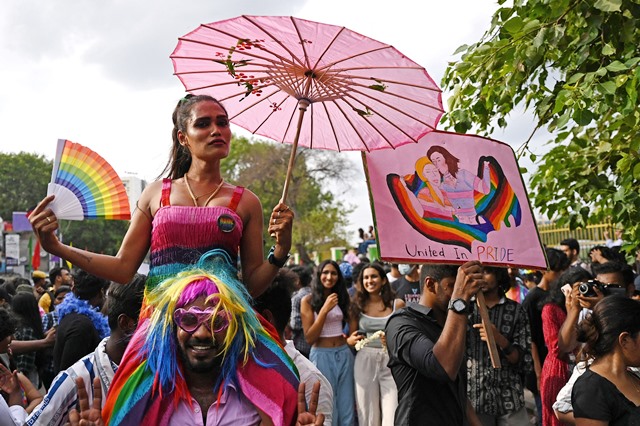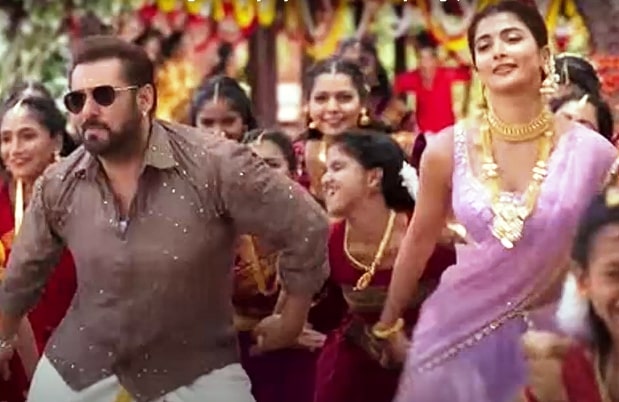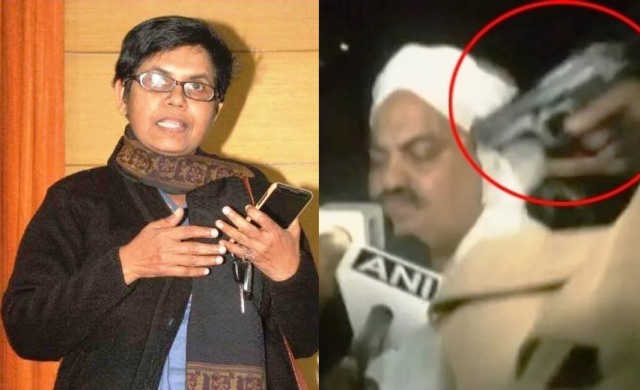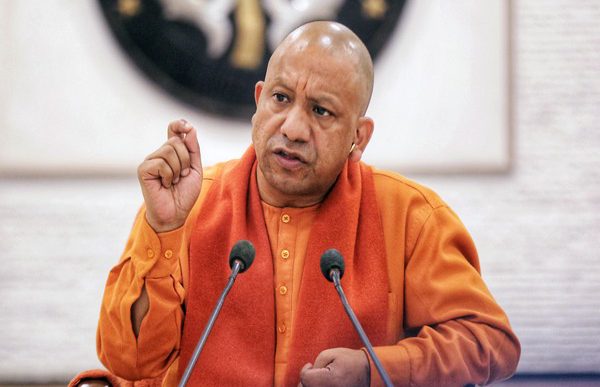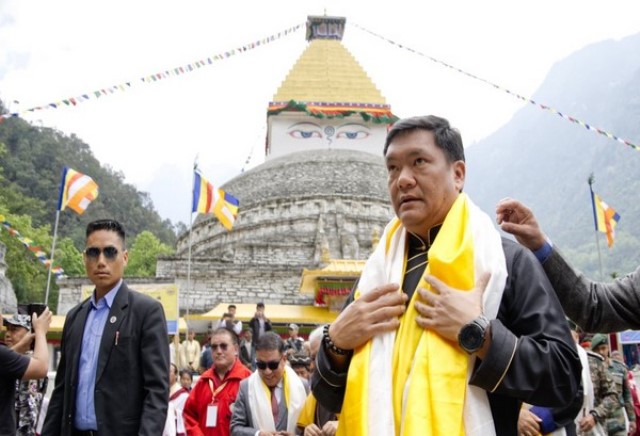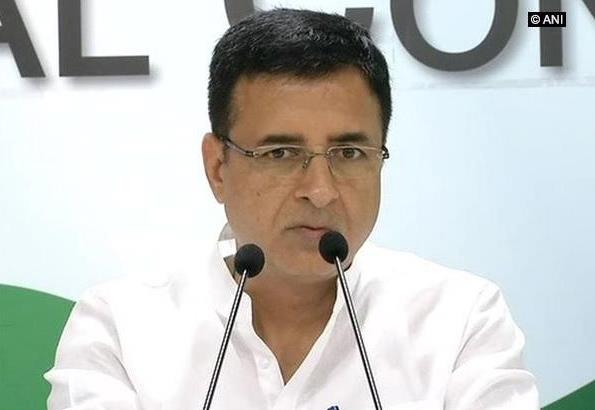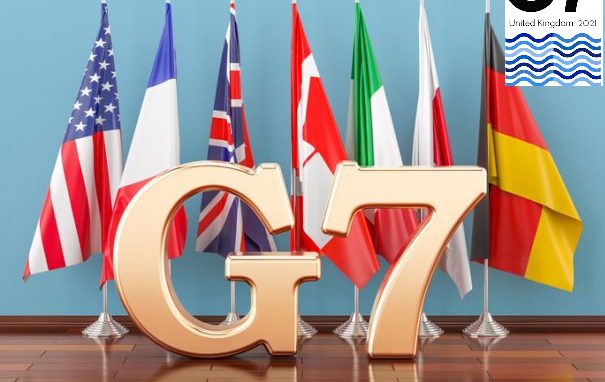The Supreme Court on Tuesday said that “unequal can’t be treated equally” while stating that the plight of Bilkis Bano, who was gang-raped and her family members were murdered during the 2002 Godhra riots, can’t be compared to the murder of a single person.
A bench of Justices KM Joseph and BV Nagarathna observed that the way the offense was committed is “horrendous”.
“Crimes are generally committed against society and the community. So when you give remission… You cannot compare the victim’s plight with standard 302 (murder) cases. Unequals cannot be treated equally,” Justice Joseph said.
“See, more than 1100 days of parole… 1200 days, virtually three years..1000 days….1400 days… 1500 days on parole? Is that even available to an ordinary citizen? What policy have you been following?” the bench said while reading the details of parole granted to the convicts.
Senior advocate Sidharth Luthra, appearing for one of the convicts, contended, “One is normal parole for a month. Other is this court said that during Covid parole must be granted.”
Just because it is gruesome crime convicts should spend more time is contrary to the law, Luthra added.
Inquiring from the Gujarat government about the reasons behind its decision to allow premature release of 11 life convicts in the Bilkis Bano case, the bench said when remission is considered in such heinous crimes affecting the society at large, the power must be exercised keeping in mind public interest.
Just because the Central government concurred with the state does not mean state is not required to apply its mind, the apex court told Additional Solicitor General SV Raju appearing for Gujarat government.
“The question is whether government applied its mind, what material formed the basis of its decision, etc. Law is clear. Just because Union has approved does not mean state not required to apply mind. What material formed the basis of this decision? They were released by executive order… Today it is this lady (Bilkis). Tomorrow, it can be you or me. There must be objective standards… If you don’t give us reason, we will draw our own conclusions,” the bench observed.
The observation of the bench came after ASG Raju claimed privilege over the files relating to the grant of remission to the convicts and said governments are likely to seek review of the March 27 order whereby original files of the remission were sought.
“We are claiming privilege, those are my instructions. We may file review also,” ASG told the court.
The apex court was hearing pleas filed by Bilkis Bano and other challenging the pre-mature release of 11 convicts.
The bench has now posted the matter for final disposal on May 2 and granted time till May 1 to the governments to decide if they wish to file review.
Besides filing petition against per-mature release of convicts, Bano had also filed review petition seeking review of its earlier order by which it had asked the Gujarat government to consider the plea for remission of one of the convicts.
The review petition was dismissed.
Some PILs were filed seeking directions to revoke the remission granted 11 convicts.
The pleas were filed by National Federation of Indian Women, whose General Secretary is Annie Raja, Member of the Communist Party of India (Marxist) Subhashini Ali, journalist Revati Laul, social activist and professor Roop Rekha Verma and TMC MP Mahua Moitra.
Gujarat government in its affidavit had defended remission granted to convicts saying they completed 14 years sentence in prison and their “behaviour was found to be good”.
The State government had said it has considered the cases of all 11 convicts as per the policy of 1992 and remission was granted on August 10, 2022 and Central government government also approved the release of convicts.
It is pertinent to note that the remission was not granted under the circular governing grant of remission to prisoners as part of celebration of “Azadi Ka Amrit Mahotsav”, it had said.
The affidavit had stated, “State government considered all the opinions and decided to release 11 prisoners since they have completed 14 years and above in prisons and their behaviour was found to be good.”
The government had also questioned the locus standi of petitioners who filed the PIL challenging the decision saying they are outsiders to the case.
The pleas said they have challenged the order of competent authority of the government of Gujarat by way of which 11 persons who were accused in a set of heinous offences committed in Gujarat were allowed to walk free on August, 15, 2022, pursuant to remission being extended to them.
The remission in this heinous case would be entirely against public interest and would shock the collective public conscience, as also be entirely against the interests of the victim (whose family has publicly made statements worrying for her safety), pleas stated.
The Gujarat government had released the 11 convicts, who were sentenced to life imprisonment, on August 15. All the 11 life-term convicts in the case were released as per the remission policy prevalent in Gujarat at the time of their conviction in 2008.
In March 2002 during the post-Godhra riots, Bano was allegedly gang-raped and left to die with 14 members of her family, including her three-year-old daughter. She was five months pregnant when rioters attacked her family in Vadodara. (ANI)
Read More: http://13.232.95.176/
